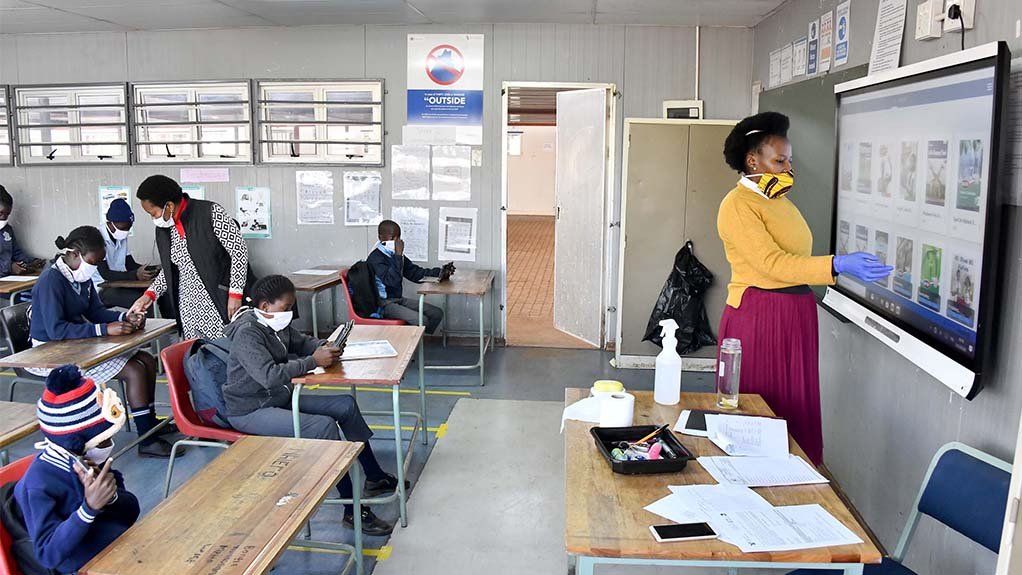/ MEDIA STATEMENT / The content on this page is not written by Polity.org.za, but is supplied by third parties. This content does not constitute news reporting by Polity.org.za.
That 2407 teachers posts are said to be at risk in the Western Cape is directly due to the provincial government’s choice to deprioritise education, a core provincial responsibility, while throwing money at non-core responsibilities including innovation and community safety.
Few will argue that innovation and safety aren’t wanted and needed, but funding them at the expense of education is downright dumb. It subverts education’s role as a foundational building block of developmental societies.
While the province claims it has a shortfall of R537m due to increased public sector salaries, what it’s not saying is that the reason it has no reserves lies in its choice to spend Billions of Rands on its discretionary projects.
What it’s actually doing is holding teachers’ jobs ransom in an attempt to extort additional money from the national fiscus to cover non-core costs.
If it proceeds with its threat to scrap thousands of posts the provincial government will effectively sentence the province to a return to Bantu Education-style inequality. More affluent schools will have the means to fund additional teaching posts if they have to, while less affluent schools will have to get by with less.
By calling on teachers’ unions to “fight alongside” him to save the teacher posts, Western Cape MEC of Education, Minister David Maynier is indulging in political theatre.
The truth is that provinces are allocated 42.2% of nationally raised revenue. This includes conditional grants – such as those to cover the costs of education infrastructure and public transport operations – and an equitable share, 48% of which is determined by the size of school-age population.
The equitable share is an unconditional transfer to provinces that constitutes their main source of revenue. The Western Cape’s equitable share for 2024/25 is R62 Billion. The claimed R537m shortfall for teachers is less than 1% of this allocation.
In 2019, Premier Winde chose to raid the Education and Health budgets by R1.2 Billion to fund the first four years of the Western Cape Safety Plan. Another R700m was spent on this programme in 2023 and 2024, despite crime statistics revealing no discernible reductions in crime.
This year, the province’s choice to allocate R21.87 billion to innovation and R5 billion to boost safety interventions over the next three years creates the “shortfall” of R537m for which teachers are being asked to pay with their jobs. It is indefensible.
Given the realigned political arrangements in the country following the May election, the Western Cape may succeed in persuading the Minister of Education to cough up the extra R537m it wants to cover the costs of teachers’ salaries and its discretionary programmes.
But this would set an unsustainable precedent for provincial governments across the country to prioritise their own whims and fancies at the cost of delivering their core mandates.
The Western Cape must find the less than 1% of its R62 Billion total equitable share it needs to pay teachers, because the education of the province’s children is important.
It has the option of simply re-directing a small portion of its discretionary funding to education.
Teachers’ livelihoods should not be threatened by political opportunism.
Issued by Brett Herron, GOOD: Secretary General & Member of the Western Cape Parliament
EMAIL THIS ARTICLE SAVE THIS ARTICLE ARTICLE ENQUIRY
To subscribe email subscriptions@creamermedia.co.za or click here
To advertise email advertising@creamermedia.co.za or click here











